Multitasking is making you dumb.
That’s the premise of Larry Kim’s Inc. article about how multitasking is killing our brains.
This goes against what so many of us have learned and, in many cases, fine-tuned over decades. We’re used to juggling five balls at once and repeatedly switching between tasks.
We’re lying to ourselves if we think we’re effective.
According to Earl Miller, a neuroscientist from MIT, our brains are “not wired to multitask well… When people think they’re multitasking, they’re just switching from one task to another very rapidly. And every time they do, there’s a cognitive cost in doing so.”
Scientists have shown that habitually multitasking lowers our IQ by 10 points.
A better alternative is monotasking. Monotasking, also known as single-tasking, is the practice of dedicating yourself to a given task and minimizing potential interruptions until the job is completed or a significant period has elapsed.
Here are a few tips for how to get better at prioritizing one task at a time (and why you should).
It allows you to be present
Monotasking can help you “just be” in any situation — whether you’re completing an important work project, attending a meeting, or even attending a social event.
Think back to a time when you were at dinner with a group of friends and almost everyone, maybe even you, were on their phones at the table. Everyone was laughing and enjoying themselves, but they were completely distracted by Instagram, Twitter, or some other app. All of your friends were there together, but everyone was also somewhere else.
If instead we focus on our friends at dinner, we can practice active listening, which helps us stay present and strengthen our relationships.
It might feel like no big deal to be chatting and checking your phone at the same time, but it does interfere with your ability to be present.
Complete tasks faster
According to this Huffington Post article, doing one thing at a time allows you to complete the work better and faster.
We can even correlate monotasking to deep work. Deep work is being able to perform without distraction for an extended period of time so you can push your cognitive capabilities to their limits. When practicing deep work, you are by definition monotasking and concentrating on the project or event in front of you.
Cal Newport, author of Deep Work, gives us a strong sense of how we can utilize deep work in our daily lives. In his book, he mentions the rituals that great minds, such as Darwin, used “to go deep, again and again.” Newport says, “to make the most out of your deep work sessions, build rituals of the same level of strictness” as those deep thinkers. Your ideas will begin to flow naturally, and you’ll be able to concentrate on the quality of the work.
By monotasking, you can home in on your ability to work intensely to produce your best results. This can lead to increased confidence and recognition from your peers.
Prioritize your time and energy levels
It is worth repeating — our brains are only meant to focus on one task at a time. We need to prioritize our tasks and our time to be more effective.
We can set time for deep work or batch a bunch of tasks for a fixed period of time so that we can focus on one thing without constantly switching between tasks.
Once you do this for a while, you’ll start to notice patterns when you are at your most and least productive. You can optimize your schedule to manage your energy levels. For example, if you know that your energy drops right after lunch, you can use that time for meetings, calls, or catching up on administrative, low-energy tasks. Alternatively, if you are at the top of your game first thing in the morning, use that time to write or tackle the item that has been sitting on your to-do list the longest while you are still fresh.
Practice setting boundaries
The only way any of this works is if we get good at establishing limits. For example, if you’ve trained your colleagues to expect an email from you in five minutes, then there is no way that you will be able to focus on only one task at a time unless, of course, your entire job is replying to emails.
Setting boundaries can be awkward and downright uncomfortable if we’re not used to it. You may disappoint some people in the process. Brene Brown shares some great advice: “Choose discomfort over resentment.” It is better to have a difficult conversation now. The opposite is not setting healthy boundaries, which leads to resentment.
***
The impact of monotasking goes far beyond the workplace. It can be displayed when hanging out with a group of friends, actually watching your kid’s soccer game, and even partaking in “me” time.
It is a much healthier and kinder alternative to the multitasking norm that most of us have grown accustomed to.
It allows us to be present and aware of the people and situations around us. It helps us focus and complete tasks quicker, improves our productivity, and strengthens our relationships.




























































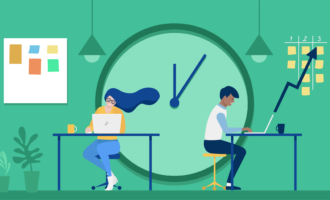
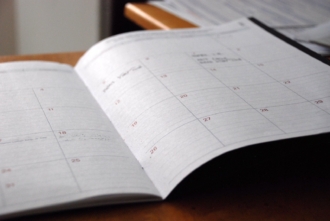

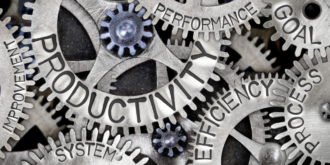

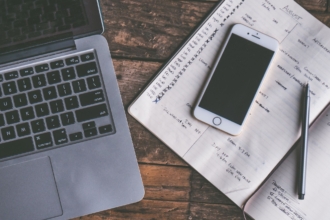
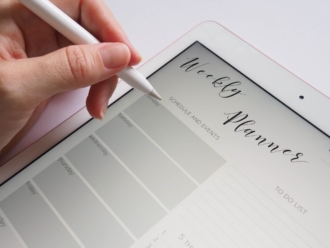





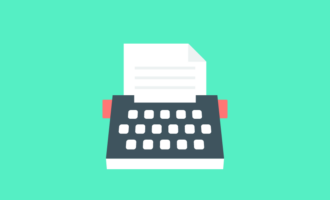
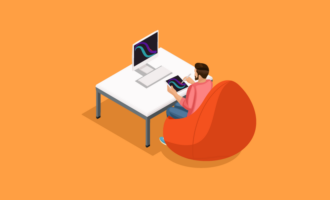
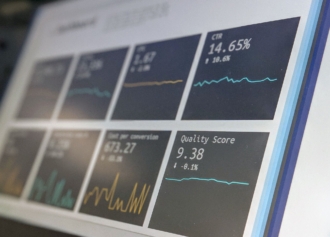




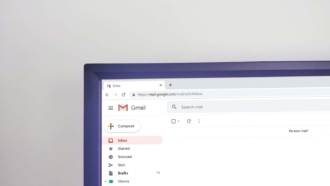






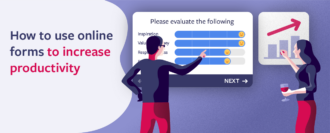

















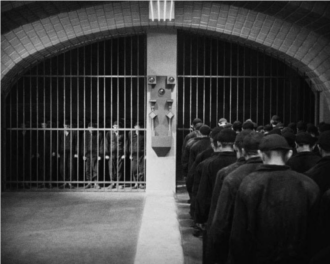





Send Comment: